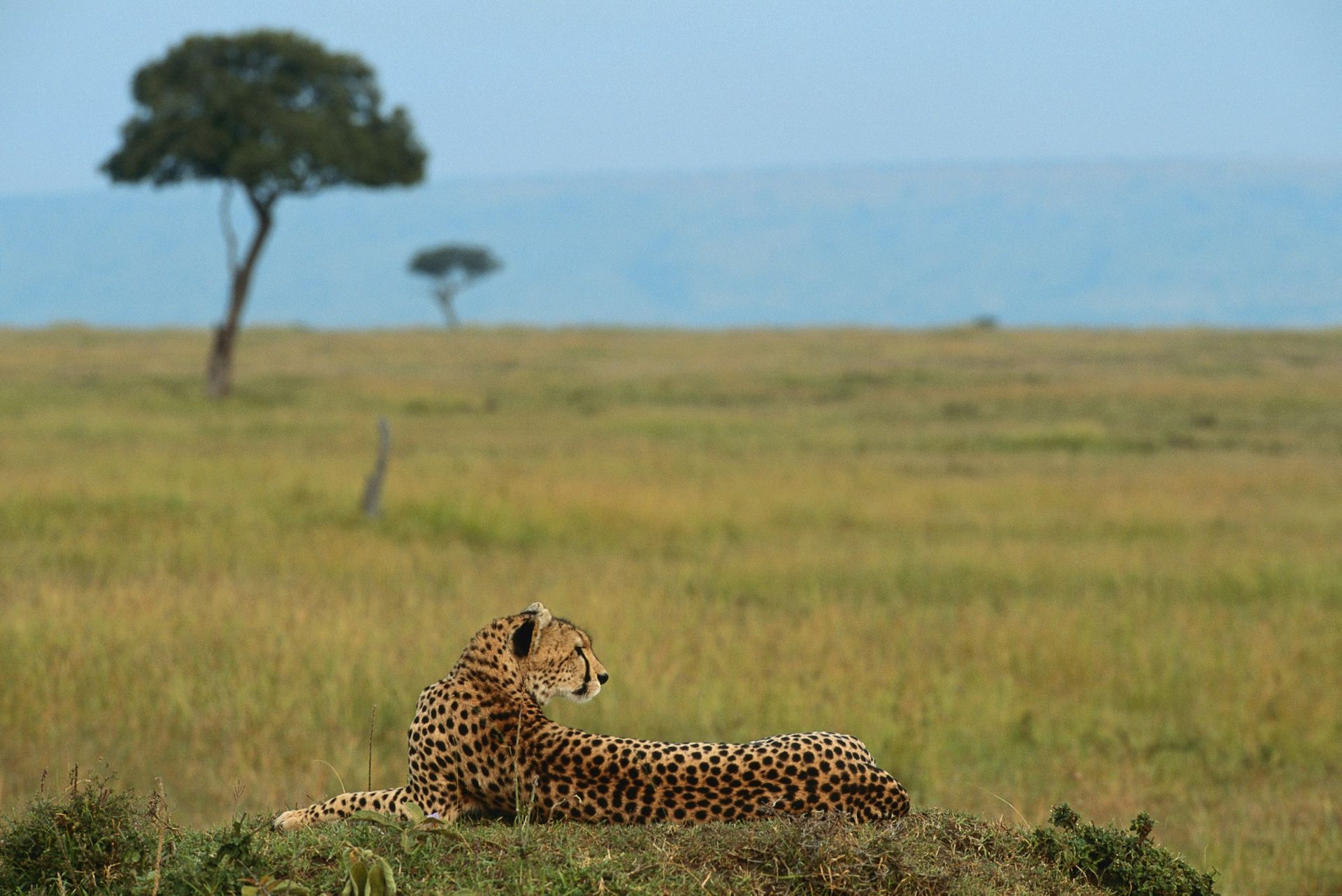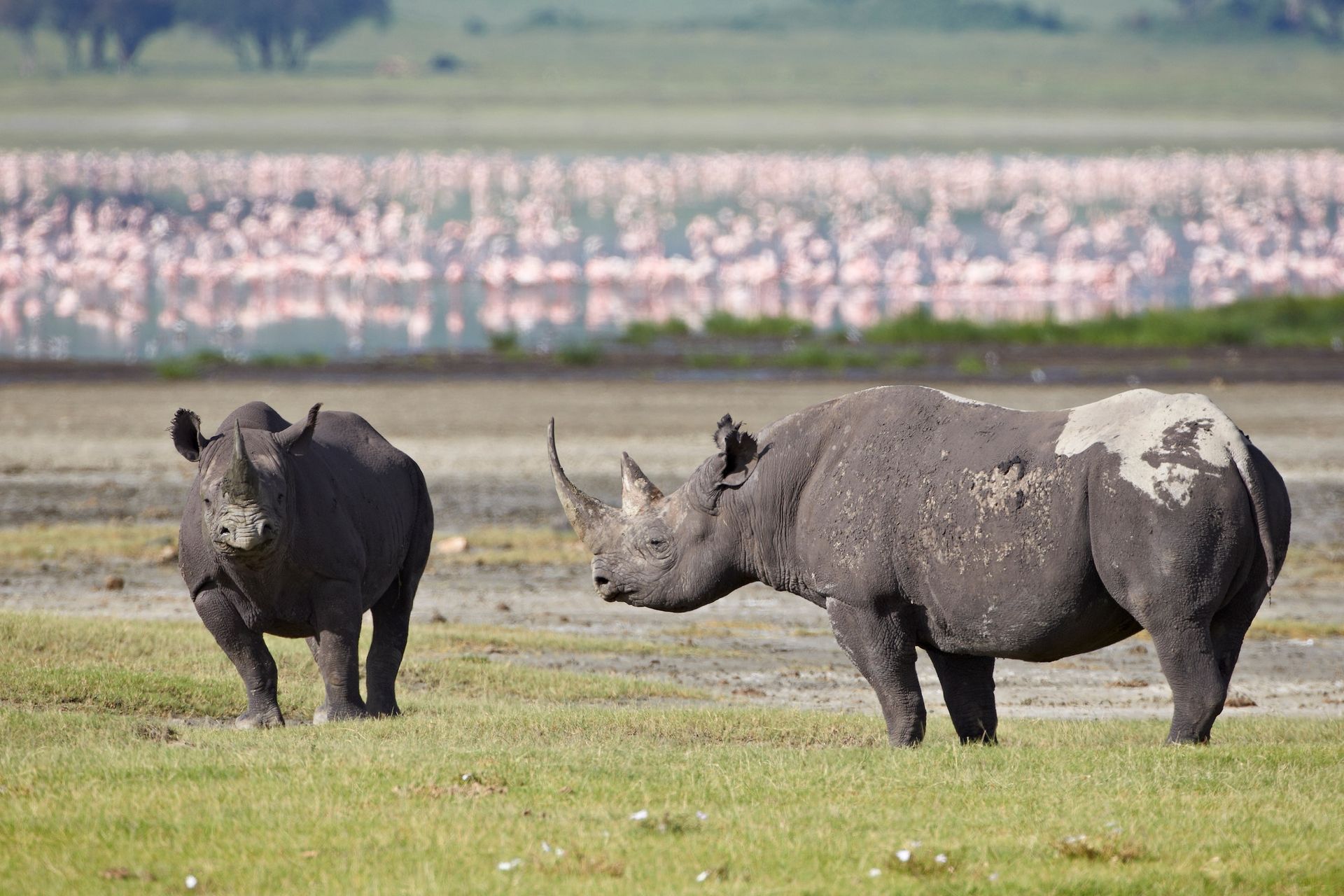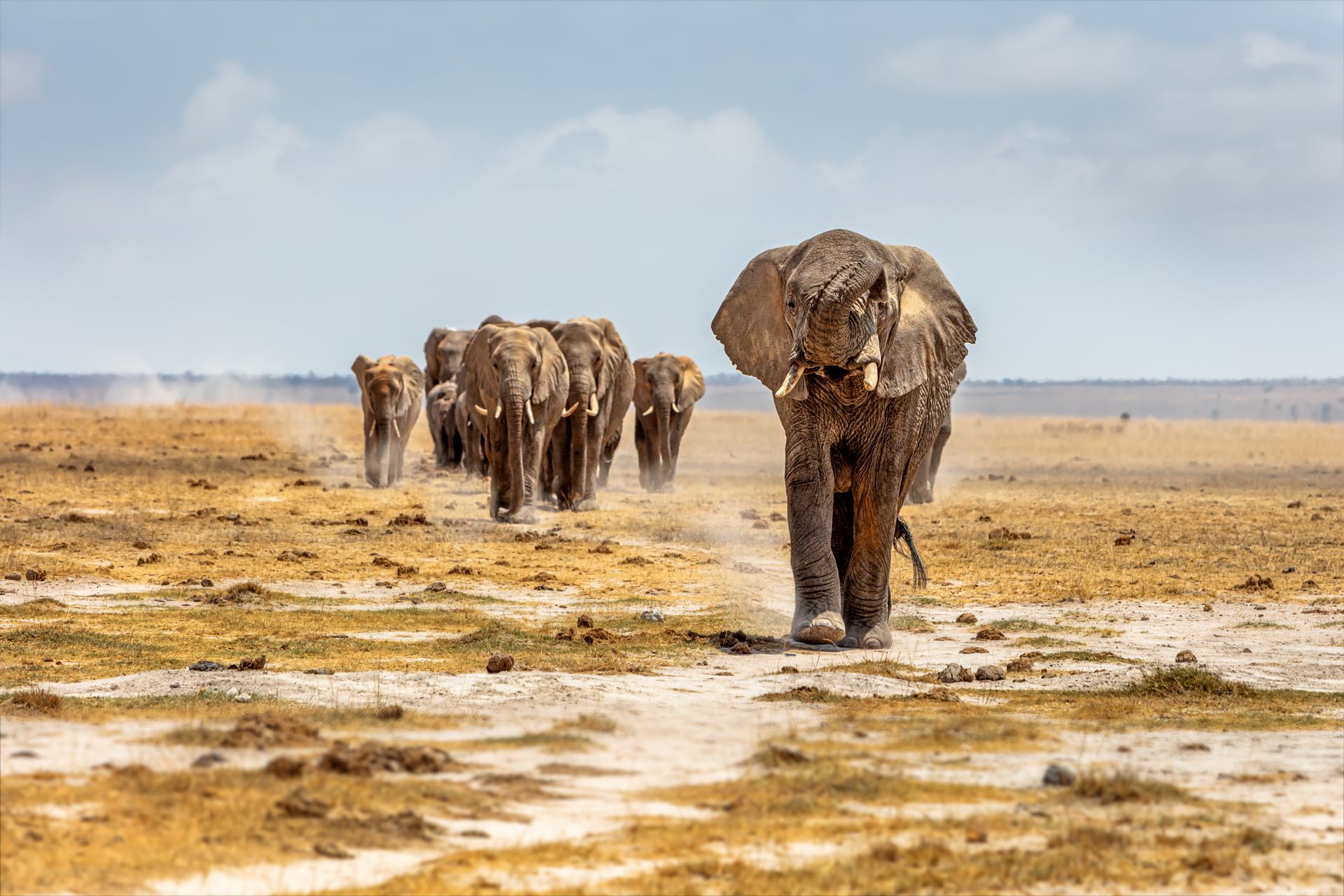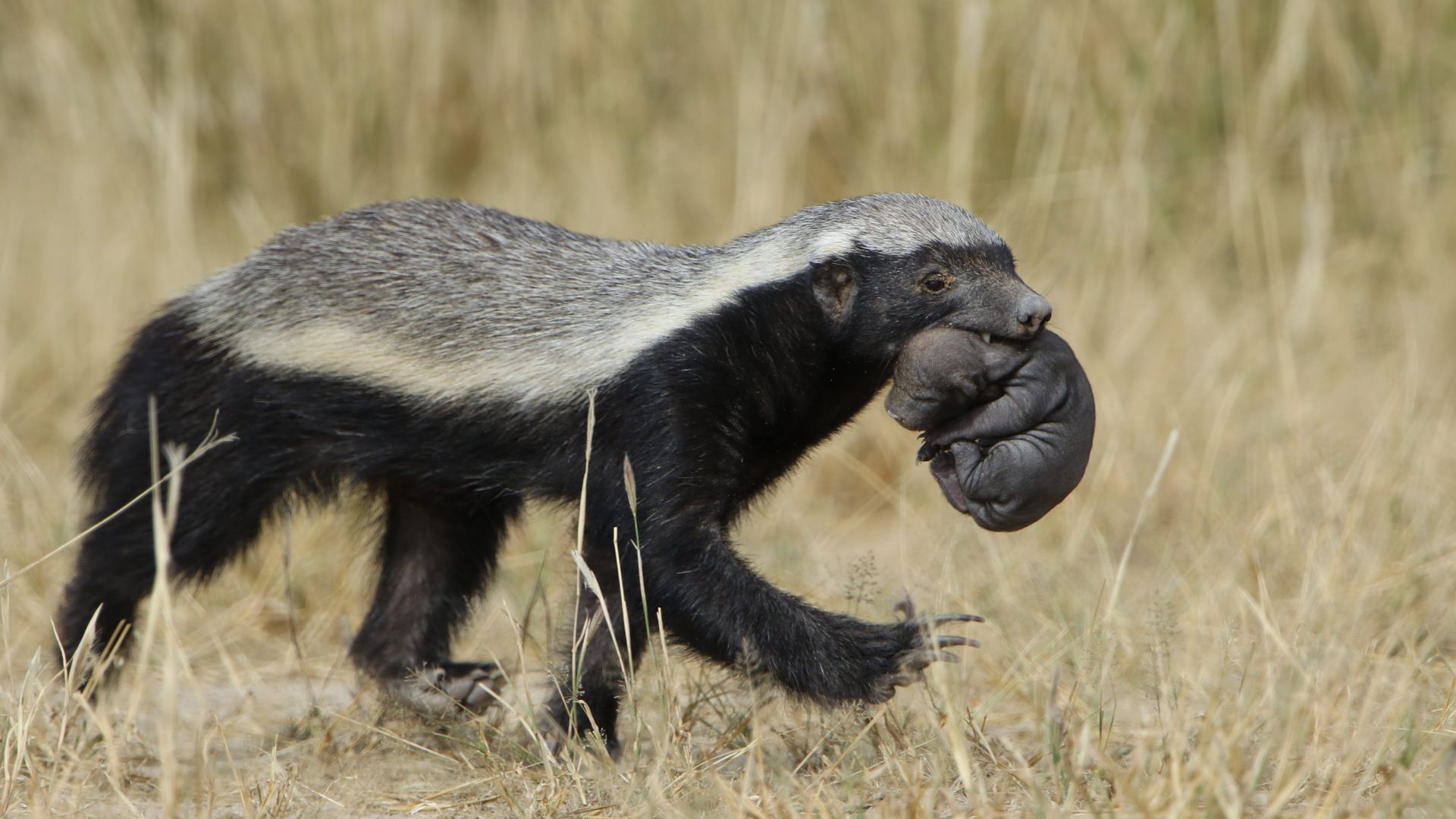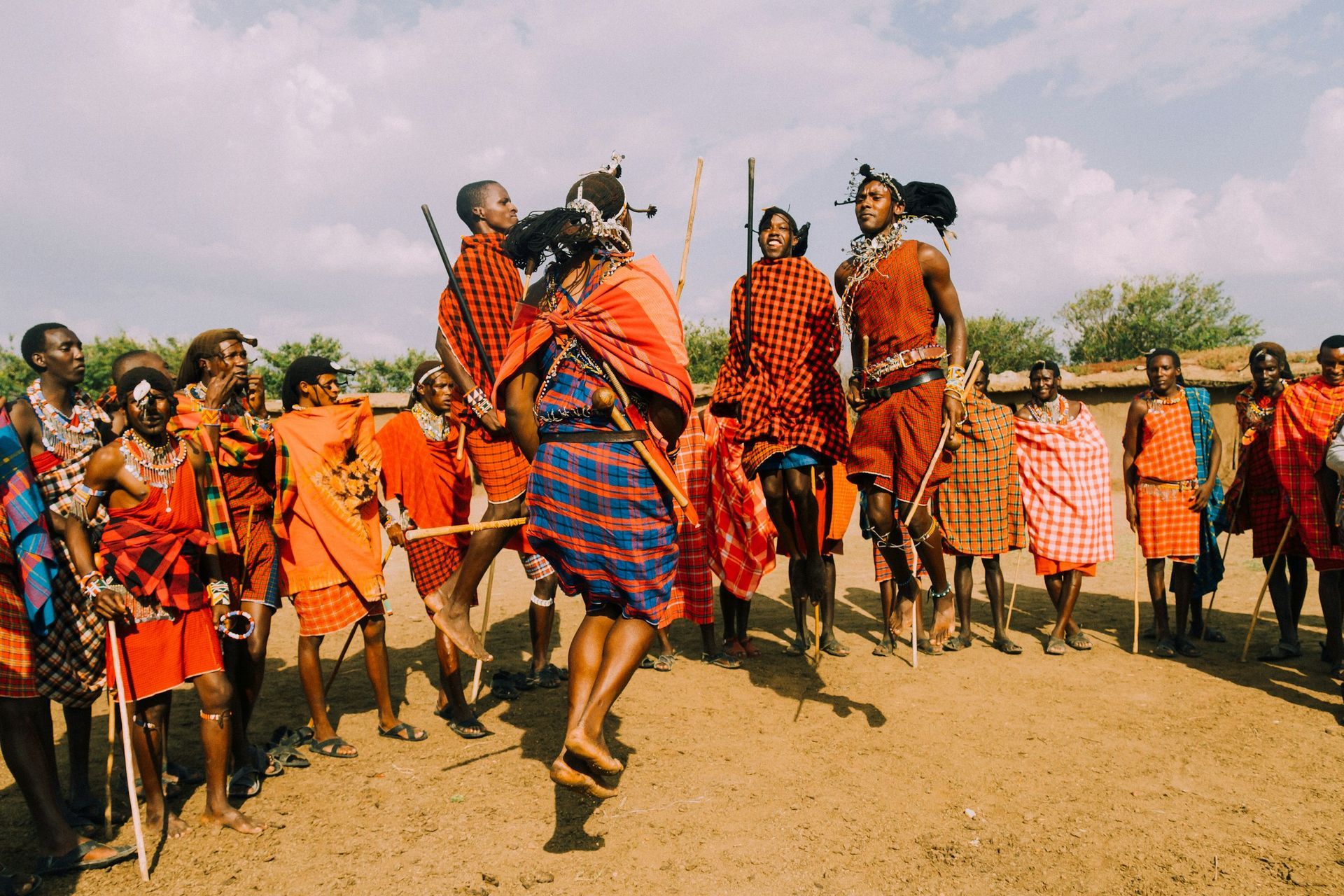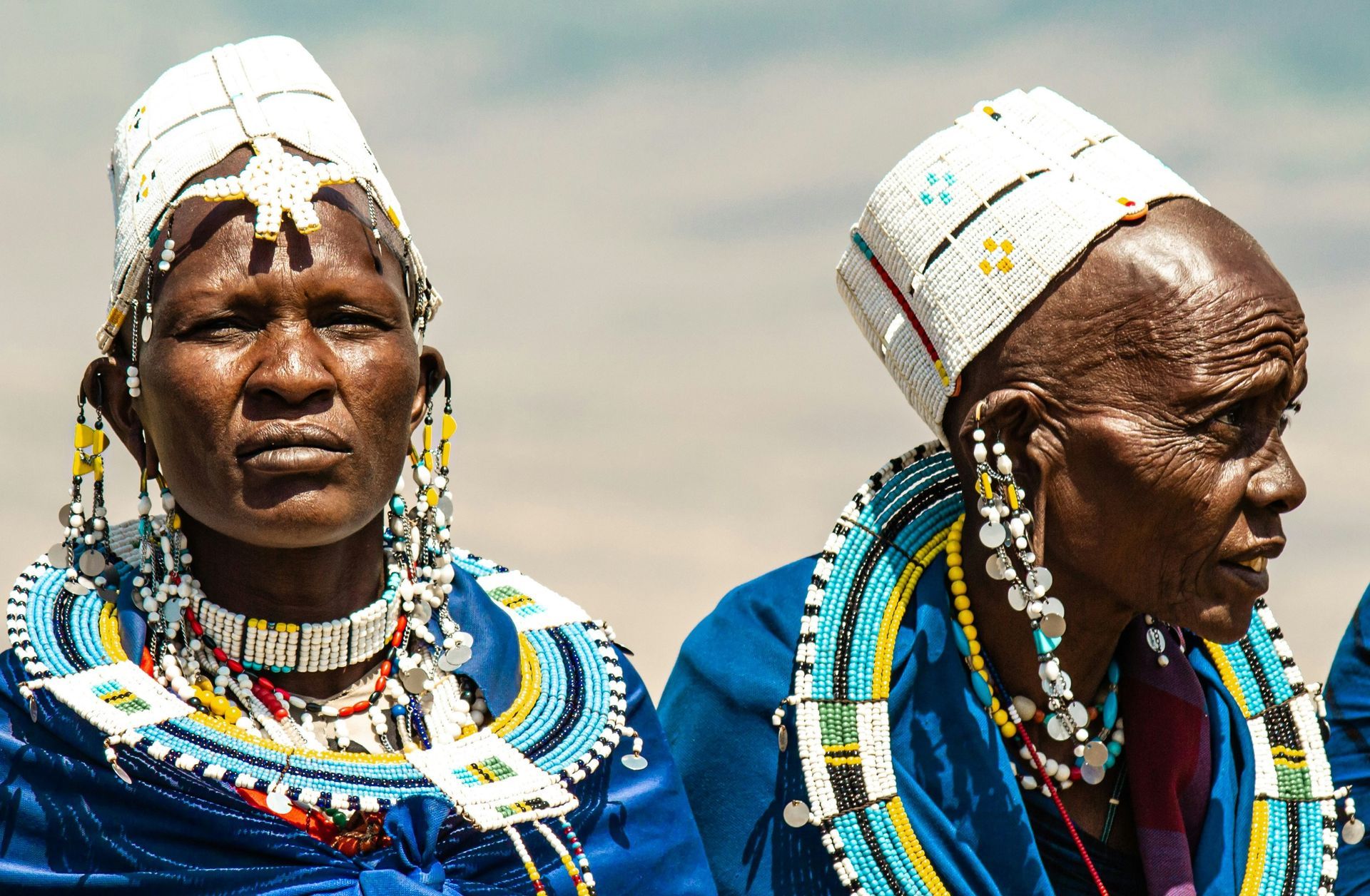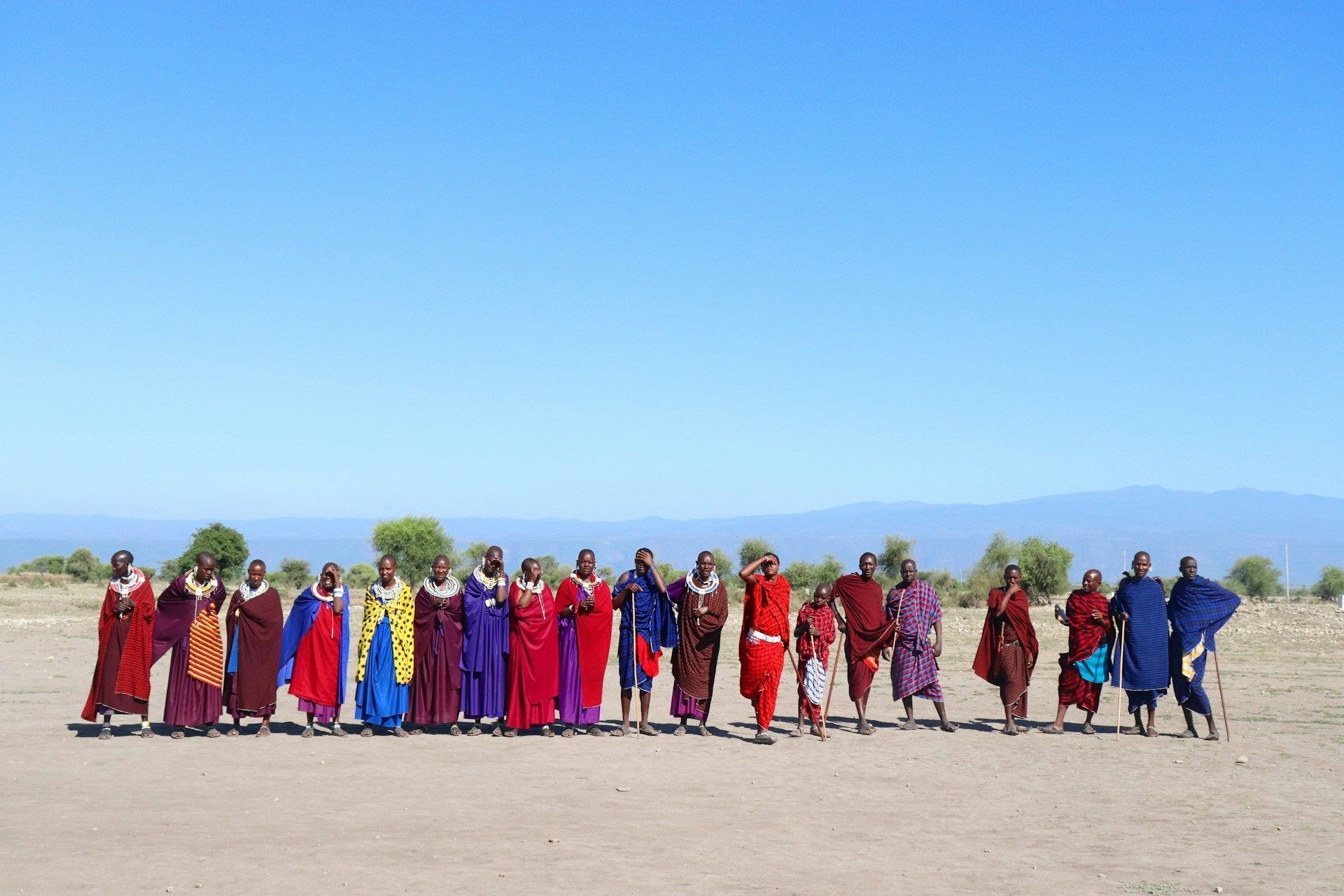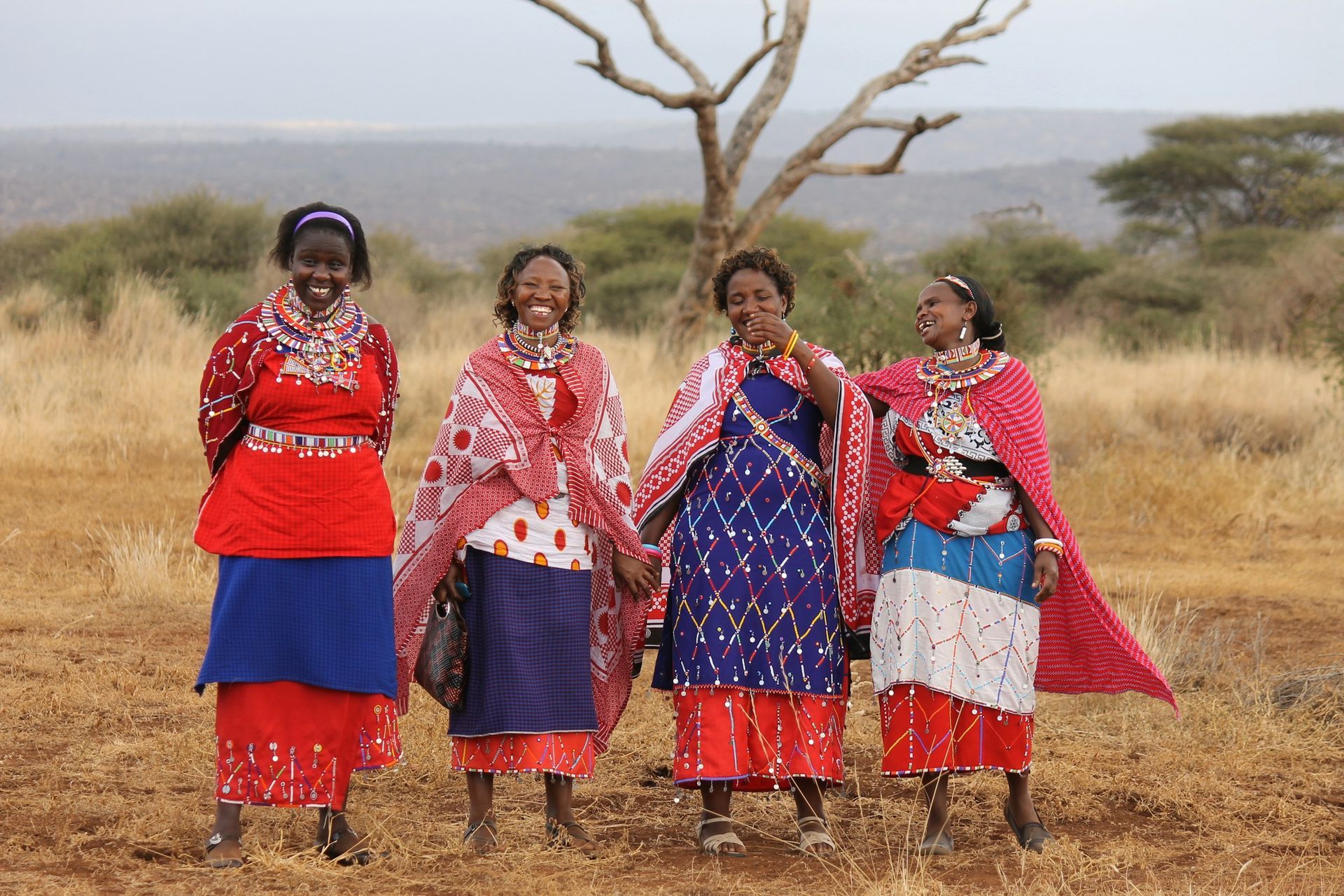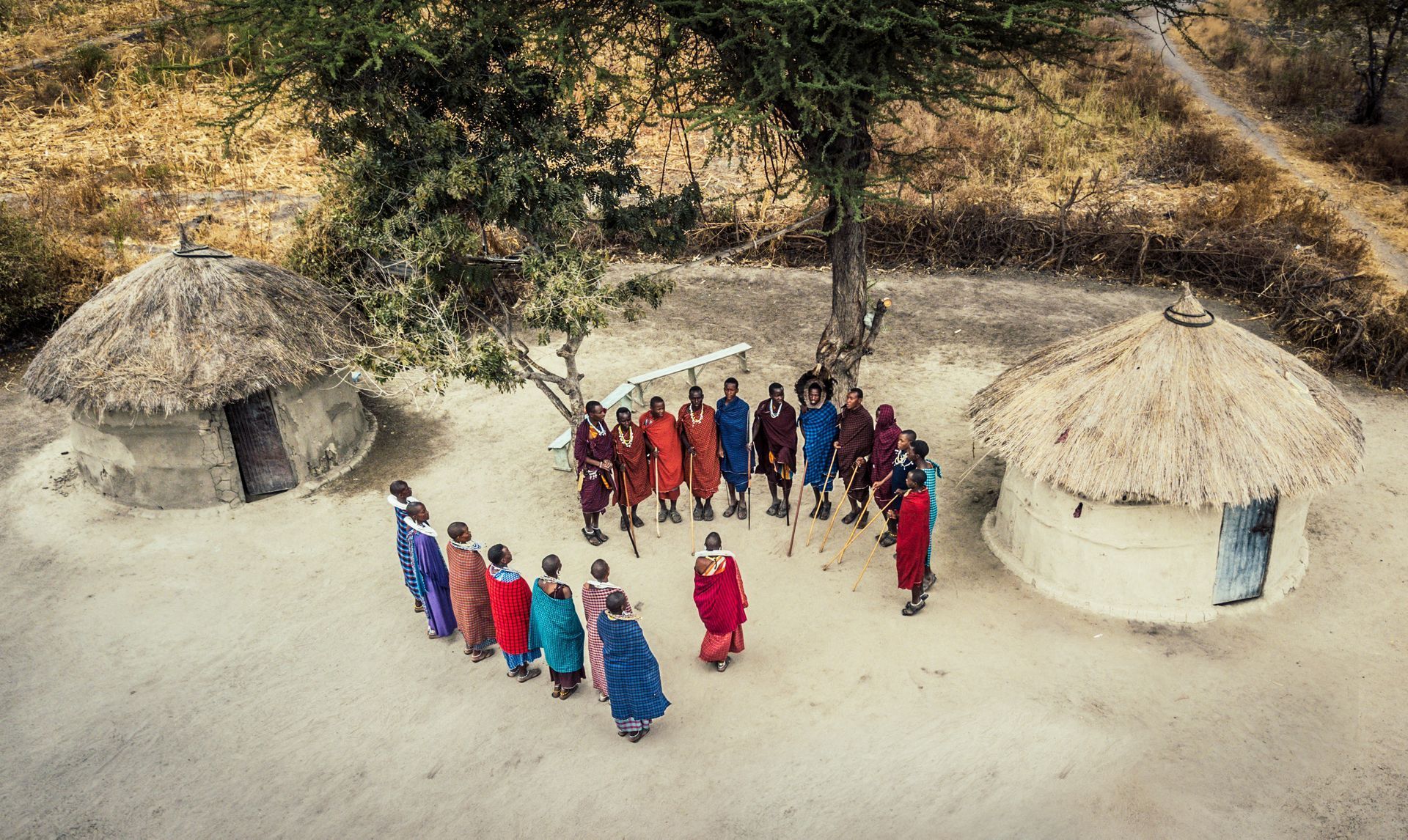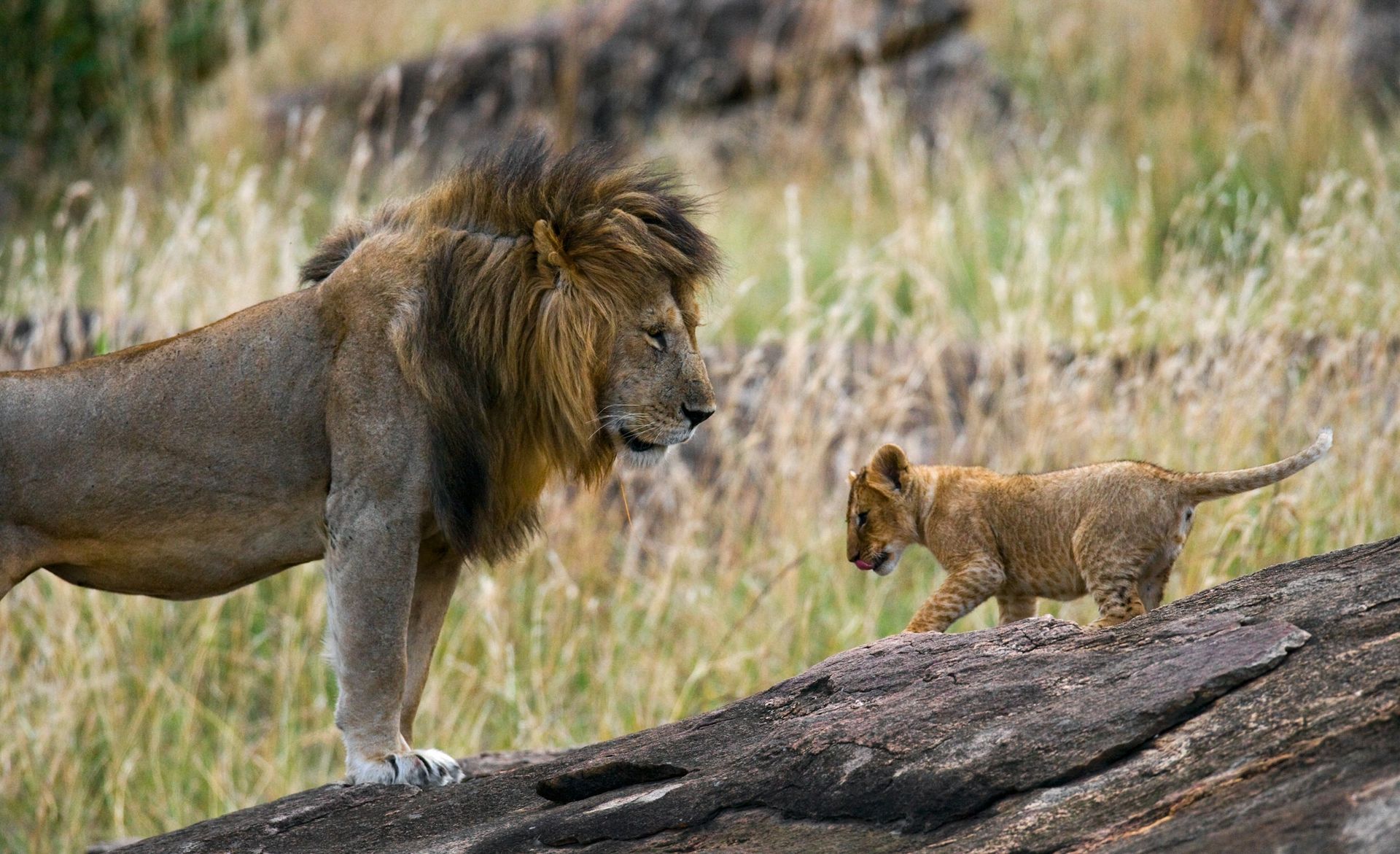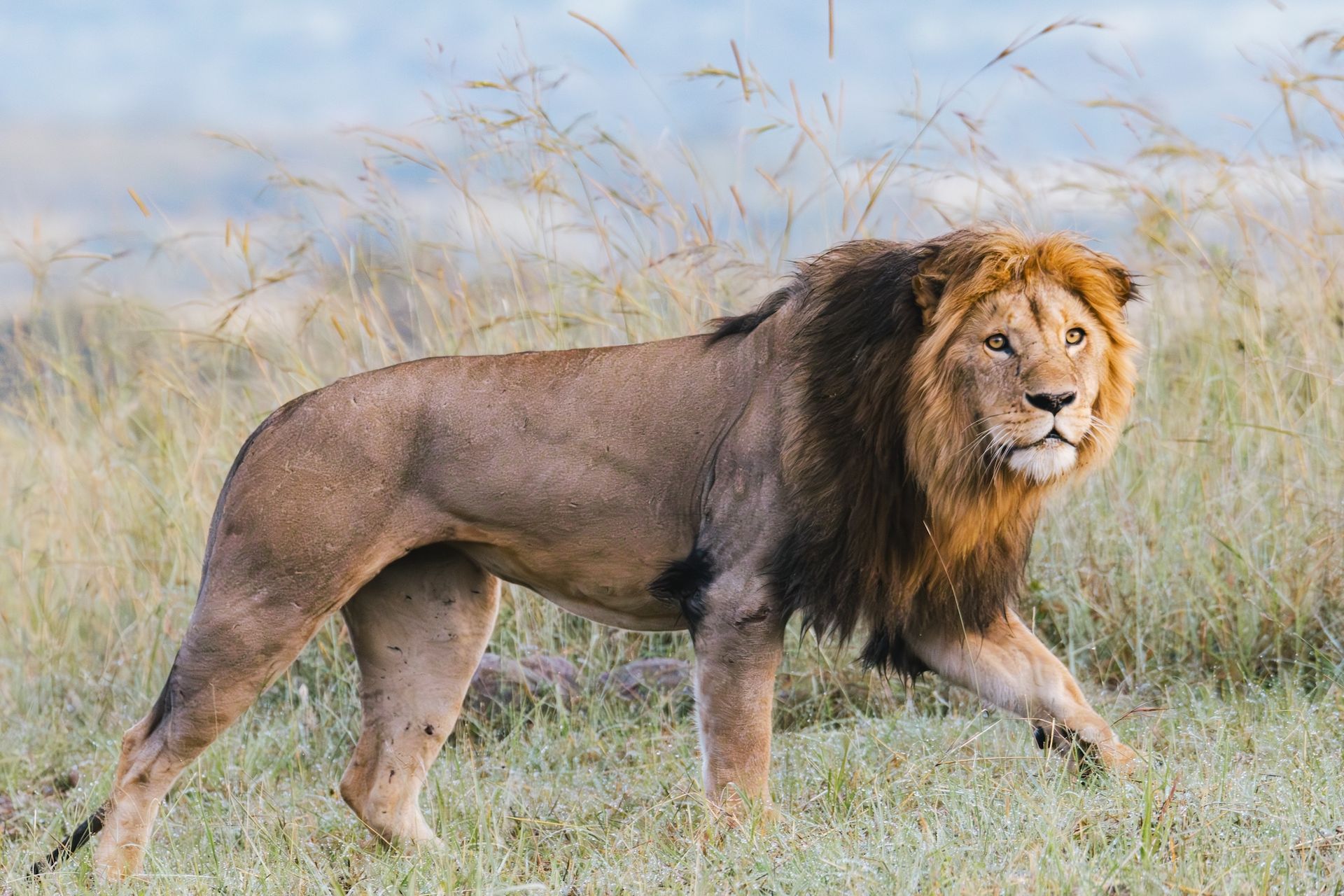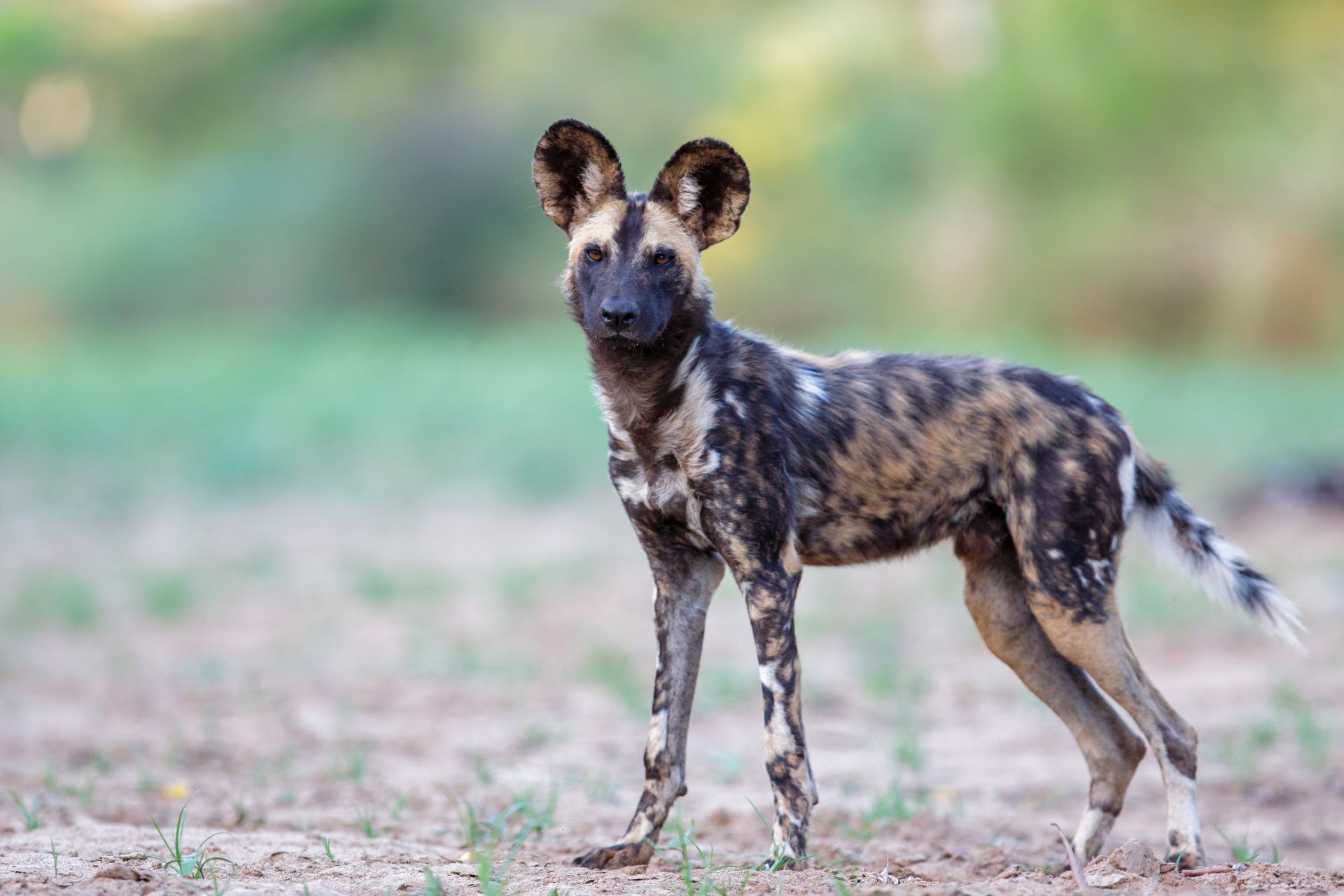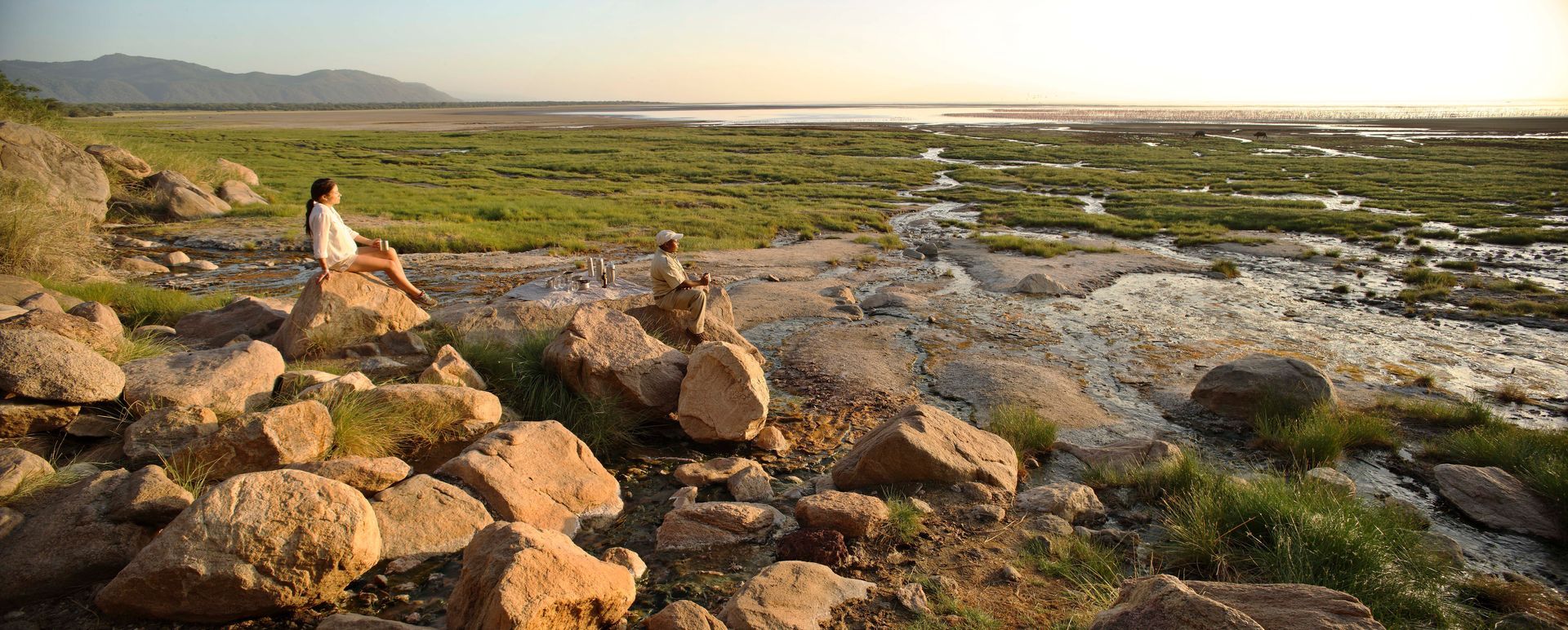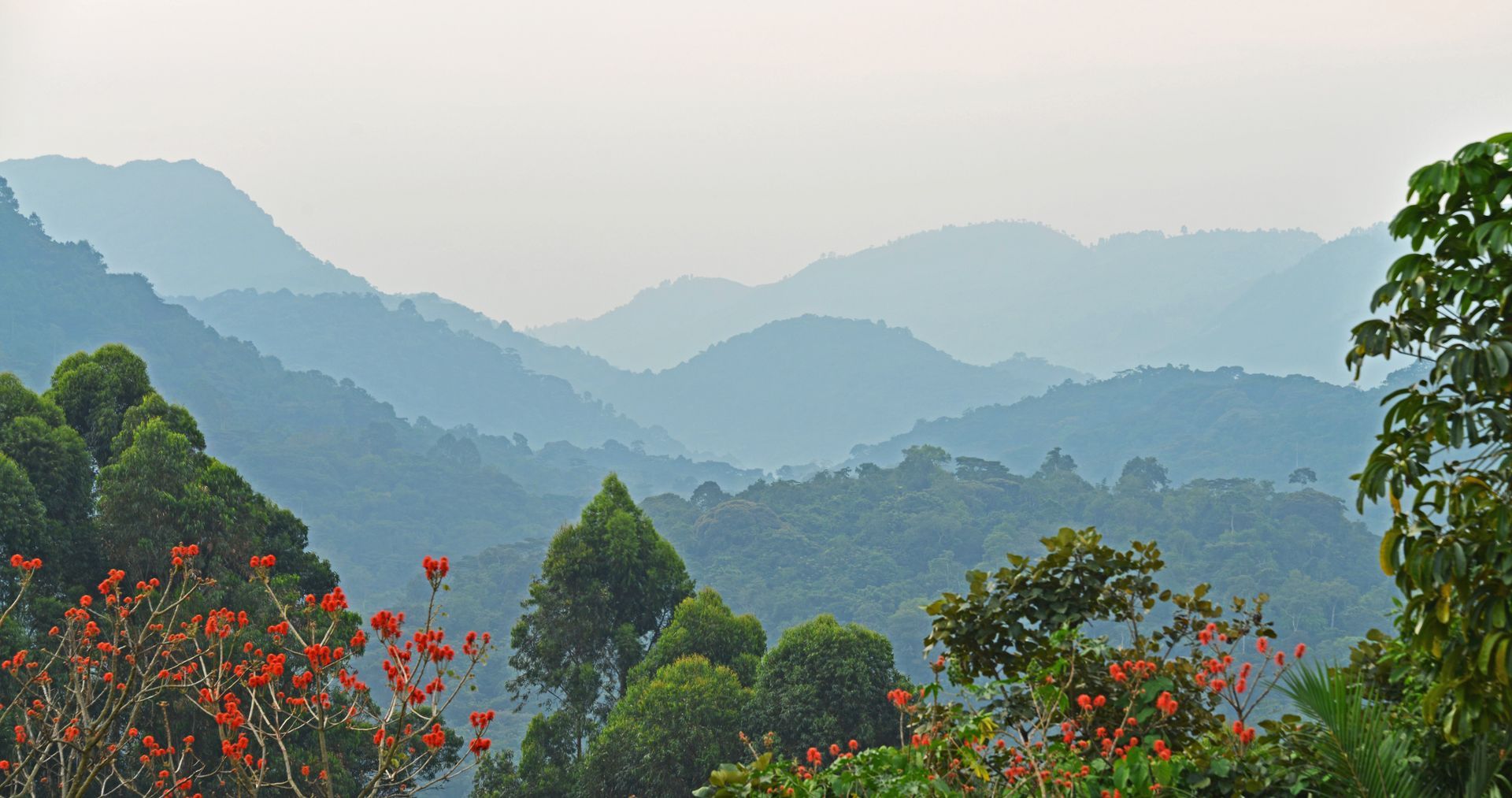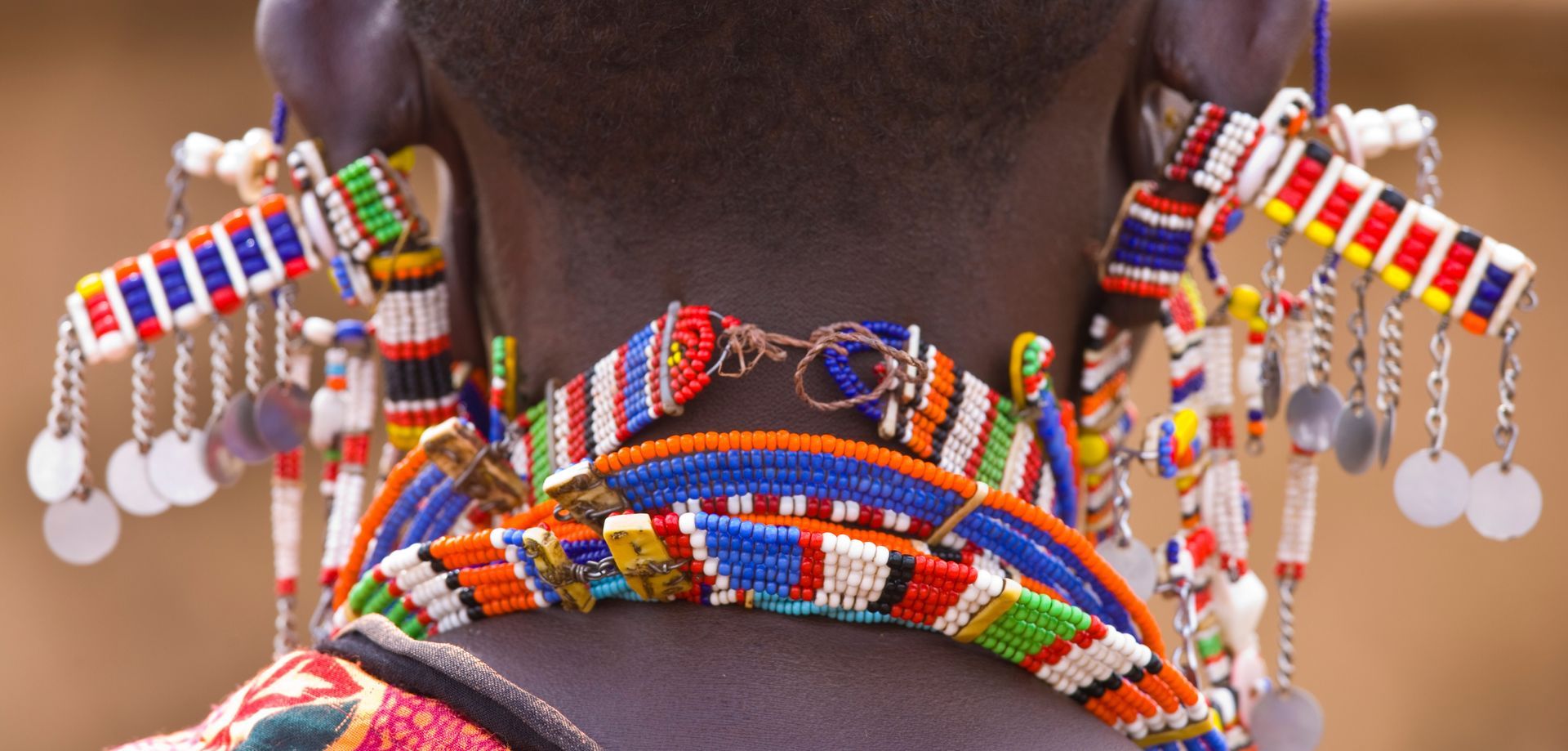Culture, community and connection
How A&H goes beyond wildlife in Tanzania
Tanzania is known for its wildlife, its big skies, and its even bigger landscapes. From the plains of the Serengeti to the baobab-studded wilderness of Tarangire, it’s a place that stirs something ancient and elemental in all of us. But the soul of Tanzania doesn’t just lie in its wild things. It lives in its people. In stories shared over campfire smoke, in the quiet strength of tradition, in moments of cultural connection that go deeper than a quick village stop or souvenir stall...
At Anderson & Harvey, we believe these experiences - when done right - are just as vital as the wildlife. Not every safari has to include them. But when they’re woven in thoughtfully, they have the power to transform a trip into something far more resonant.
What we don't do is staged
There is a difference between culture as performance and culture as lived experience. We avoid the former at all costs. We do not send your guests into manufactured “villages” where communities are expected to pose, dance or sell. We work with partners who have longstanding relationships with local communities - partnerships that are built on trust, respect, and a shared sense of responsibility.
If our guests spend time with the Hadzabe near Lake Eyasi - one of the last remaining hunter-gatherer communities in East Africa - it’s because the encounter is guided by people who’ve spent years building meaningful, sensitive relationships with them. It’s done with permission, context, and care. The same goes for time spent with the Datoga, the pastoralist metalworkers of the region. These are not tourist box-ticks. They are windows into a way of life that is vanishing, and they demand nuance, humility and openness from those who participate.
Community-led, not curated
We believe the most rewarding cultural experiences are those that are community-led. That might be a chance to walk with a Maasai guide in the private conservancies outside Tarangire, learning not just about tracking but about identity, land rights, and how pastoralist traditions are evolving in a modern world. It might be time spent at a local market with a Tanzanian chef who’ll later prepare the day’s finds over an open fire. It could be a visit to a community-run project supported by the camp your guests stay in - perhaps a beading cooperative, a school garden, or a clean water initiative - where the impact of tourism is visible, not theoretical.
Because the truth is: cultural connection on safari can’t be packaged. It can only be facilitated.
Why it matters
Your guests often come for the big cats and wildlife action. But they leave remembering the conversations. The spontaneous laughter shared with a Maasai host. The rhythm of a language they’ve never heard before. The stories told by the night watchman under a sky full of stars. These are the moments that stay with you long after the passport is stamped.
And for our travel partners, these are the moments that elevate an itinerary. That add richness, depth and heart. A walking safari might offer perspective on wildlife behaviour, but a morning spent with a local herbalist reveals an entirely different way of knowing the bush. It shifts the lens. It deepens the story.
Safaris with soul
We’re not in the business of ticking boxes. We’re in the business of crafting journeys that honour both guest and host. In Tanzania, that means going beyond the game drives and lodge luxury to introduce clients to the people who shape and steward these landscapes.
Culture isn’t an optional extra - it’s a vital thread in the tapestry. When handled with respect, it adds texture to the safari narrative. It brings meaning. And it reminds us that the wild isn’t empty. It’s lived in, loved, and fiercely protected.
And when you’re ready to build a safari that connects on every level - we’re here to guide the way.
